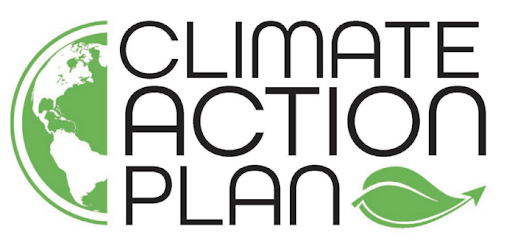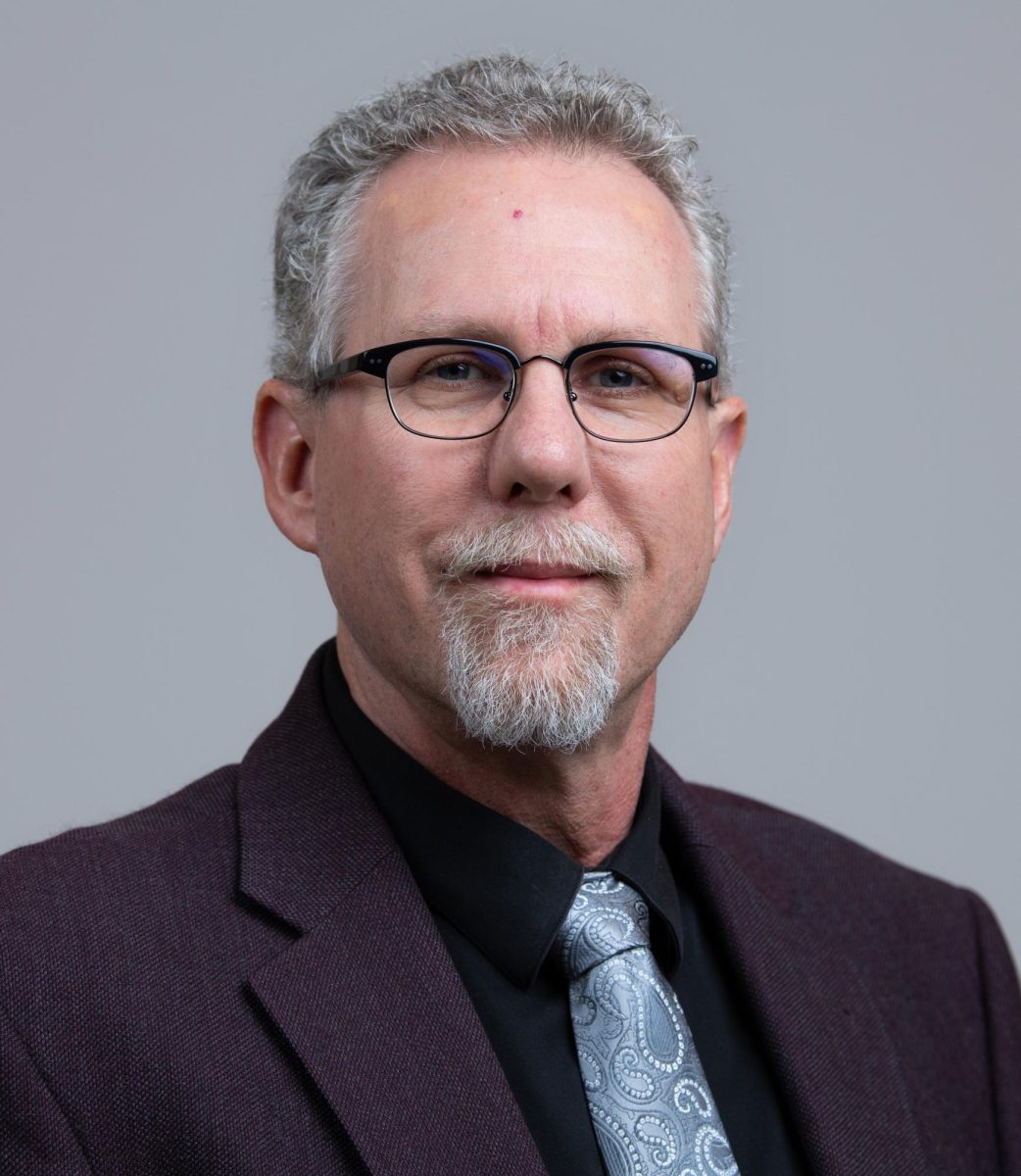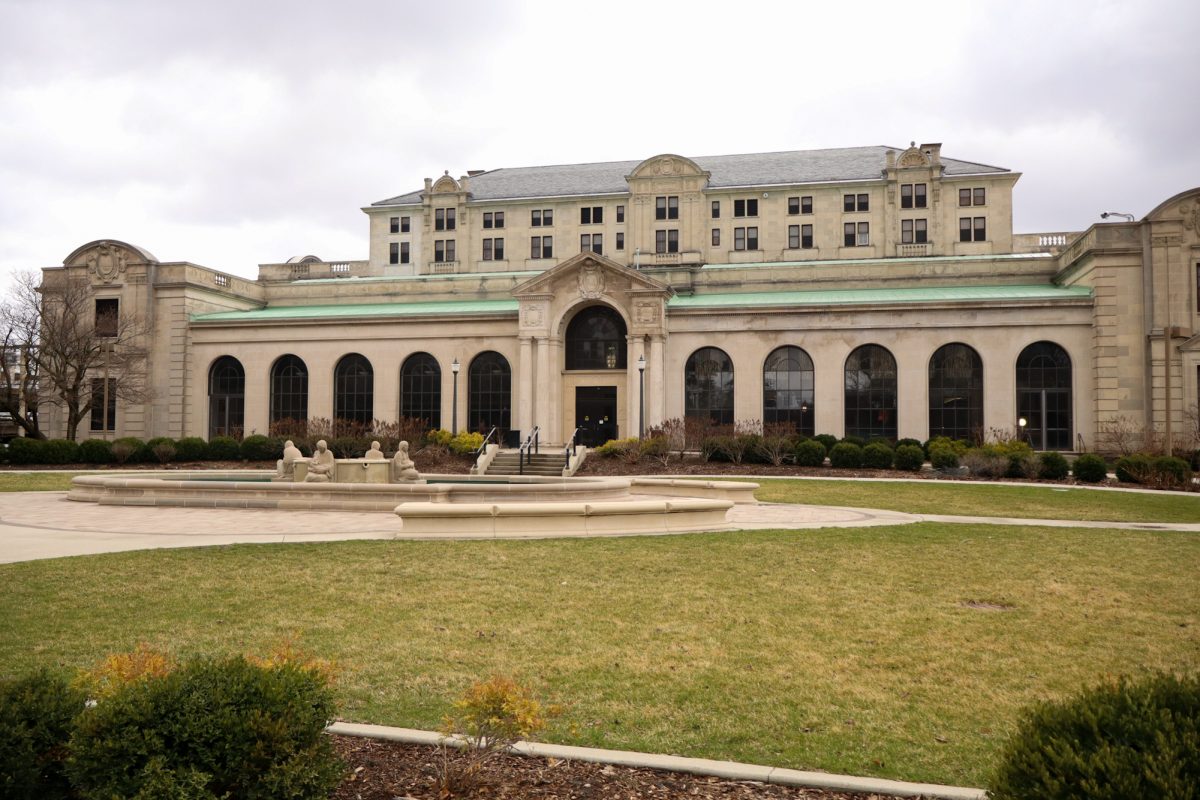Peace Corps volunteer talks about poverty and the social movement against it
March 29, 2011
Scott Lacy reminisced on the time he spent as a Peace Corps volunteer in Mali 17 years ago.
Lacy talked about different social movements and transformations, specifically poverty and looking at various social, economic and agricultural aspects.
“We’re here because we all share a common view about poverty,” Lacy said.
Lacy is the executive director of African Sky and served in the Peace Corps in Mali in 1994. Lacy has a master’s degree in agriculture and anthropology and earned his doctorate at the University of California, Santa Barbara.
While in Mali, Lacy worked with the villages to develop their standard of living in a way that was specifically geared toward their culture.
“The bottom line is, we’re here because we all want to do something about [poverty],” Lacy said. “We are part of a social movement to end poverty.”
Non-governmental organizations (NGOs) produce the majority of work to combat extreme poverty.
“If you add up the economic activity of NGOs it adds up to about $1 trillion per year,” Lacy said about their contribution to fight extreme poverty.
Not including volunteers, these NGOs include around 20 million paid employees.
“As more and more people started to step up to end poverty, more governments started to step up, too,” Lacy said.
Now, the United Nations’ Millennium Development Goals are split up into eight different segments: end poverty and hunger, universal education, gender equality, child health, maternal health, combat of HIV/AIDS, environmental sustainability and global partnership.
Millennium Development Goals hopes to end poverty by 2015.
Lacy put all of these numbers into a logical comparison in terms of the U.S. and the rest of the global economy. Globally, $1.3 trillion a year is being spent on military budgets, while NGOs are calculating that it would cost $42 billion total to end poverty.
Lacy said how excited he was about Iowa State’s chapter of Engineers Without Borders and how they are the next step in fighting extreme poverty.
During his first trip to Mali, Lacy learned that even though he was going to volunteer his services, he would also be a beneficiary to his selflessness.
“They taught me how useless I really was,” Lacy said about the humbling process of being a Peace Corps volunteer.
“How odd is it that I left this country to help people and they ended up helping me more?” Lacy said.
Lacy felt indebted to the people that he worked with in Mali and went back to get his graduate degree in agriculture and anthropology.
Lacy said he learned three big lessons in Mali: the cycles of debt, following the momentum and learning to take. The last lesson, Lacy said, is the easiest one to learn.
“You’re going to have to learn to take from us if you’re going to give to us,” said one of the elders in Lacy’s host village.
By learning to take something being offered, you are giving the other person self-esteem and building an equal relationship, Lacy said.
“If we really want to make poverty history, we have to realize that it’s not always about bringing them up to our speed,” Lacy said. “If we consume more, they consume less.”






